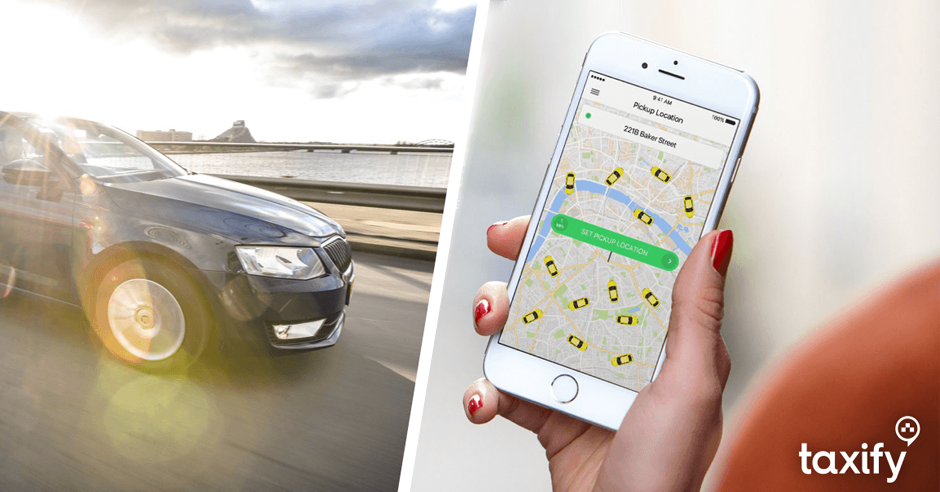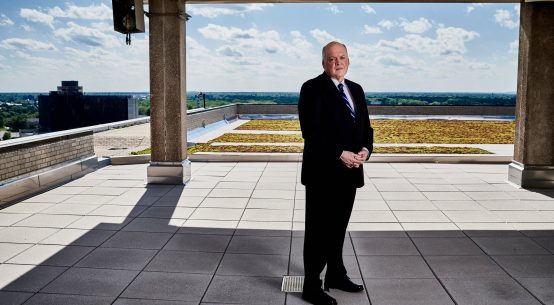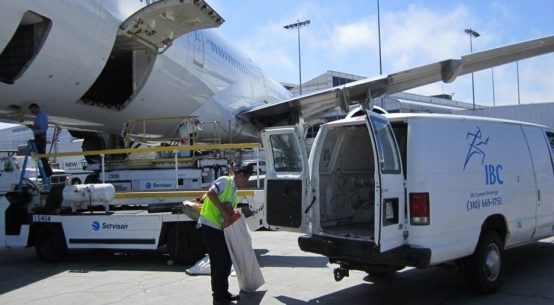
(Reuters) – Uber rival Taxify has temporarily halted operations in London, the company said on Friday, after local regulator Transport for London said the new market entrant had failed to obtain a proper operating license.
The Estonian taxi-hailing start-up, which is active in 25 cities in central and eastern Europe and Africa, this week launched private hire taxi hailing services across London.
Transport for London (TfL) confirmed it was investigating the company, saying it was not licensed to operate.
“Taxify is not a London licensed private hire operator,” a TfL spokesman said in a statement issued on Thursday. “We are urgently investigating the nature and extent of its activities and will take action where appropriate.”
TfL said it was preparing a new statement on Friday.
The company said in a statement its software platform for connecting drivers and passengers was working with City Drive Services, a licensed London private hire firm. City Hire was incorporated in 2014 with offices located in southeast London, according to filings with UK Companies House.
Here is the full emailed statement from Taxify according to Business Insider:
Taxify successfully launched its London ride-hailing app on Tuesday, with over 3,000 registered drivers and over 30,000 customers downloading the app in the first three days. This incredible response shows the huge demand for greater choice in the London ride-hailing market.
Taxify’s sole objective is to make London’s ride-hailing market fairer so that better value is delivered for customers and drivers alike. Taxify charges less commission than market incumbents such as Uber, keeping prices low for customers and improving earning potential for drivers.
Taxify is a technological platform for customers to hail rides from City Drive Services, a licensed London based private hire company. This has been raised as a concern by TfL and in full cooperation, Taxify have temporarily stopped operations to clarify its legal position with the regulator and reach a resolution so that services can return to normal.
TfL have a responsibility to Londoners to make sure there is a competitive ride-hailing market in the capital that strengthens incentives for operators to improve quality and safety while also bringing the overall cost down for customers. Taxify’s model does just this having achieved significant breakthroughs in over 19 markets around the world, and we look forward to an open and transparent dialogue with TfL in the coming days to resolve this.
Taxify said it had signed up 3,000 drivers and had 30,000 customers download its ride-ordering app in its first three days of service. The company said it looked forward to discussions with TfL to resolve the issue.
“Taxify charges less commission than market incumbents such as Uber, keeping prices low for customers and improving earning potential for drivers.
In March, Uber lost a court battle to stop TfL from imposing stricter English reading and writing standards on private hire drivers. The action was partly taken in response to protests by London black cab drivers against Uber for failing to meet local standards.
Uber later won the right to appeal the decision. TfL has also announced plans to increase the fees private hire operators pay to cover the increased costs of regulating the increasingly competitive taxi and ride-hailing sector. (Reporting by Eric Auchard; Editing by Mark Potter)








